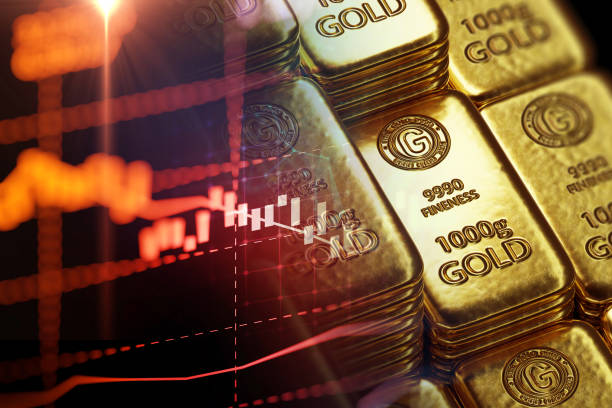纽约证券交易所和纳斯达克将于 1 月 9 日关闭

为了纪念已故dent吉米·卡特,美国股市将于 1 月 9 日全国哀悼日休市。纽约证券交易所(NYSE)和纳斯达克公司已确认其美国证券交易所暂停交易。美国股票和利率市场运营商芝加哥商品交易所集团 (CME Group Inc.) 和芝加哥期权交易所全球市场公司 (CBOE Global Markets Inc.) 尚未披露其计划。
这一决定符合美国dent去世后停止金融运营的长期传统。卡特dent于12月29日去世,享年100岁,是美国历史上最长寿的dent。最近一次类似的关闭发生在 2018 年 12 月 5 日,当时正值dent乔治·H·W·布什 (George HW Bush) 的葬礼。
纽约证券交易所和纳斯达克将于 1 月 9 日休市,以纪念吉米·卡特去世后的全国哀悼日https://t.co/a2sVxzDhfW
—福克斯商业 (@FoxBusiness) 2024 年 12 月 31 日
NYSE Group President Lynn Martin reflected on Carter’s legacy in a statement, saying, “Jimmy Carter, with humble roots as a farmer and family man, devoted his life to public service and defending our freedom…The NYSE will respectfully honor President Carter’s lifetime of service to our nation by closing our markets on the National Day of Mourning.”
Lynn Martin added that the NYSE will also fly the US flag at half-staff throughout the mourning period.
Market interruptions are symbolic
According to a recent Bloomberg report, economists believe market closures, although infrequent, are an imperative symbolic gesture during moments of national significance.
Financial institutions have historically paused operations for events such as natural disasters, national emergencies, and pivotal historical events, including the terrorist attacks on September 11, 2001, and the Wall Street bombing of 1920.
Market participants emphasize that these pauses, though significant, typically have minimal long-term effects on trading or the broader economy. Following the one-day closure, markets are expected to resume normal volumes and liquidity.
“Business Day” of mourning is a US tradition
The tradition of suspending trading following a president’s death dates back to the assassination of Abraham Lincoln in 1865. At the time, the New York Times described the news as creating “a sensation of horror and of agony which no other event in our history has ever excited,” with businesses halting operations as citizens gathered in mourning.
Such closures serve as both a practical and symbolic pause, allowing the nation to reflect on the contributions of its leaders. In Carter’s case, his humble beginnings as a farmer and family man, combined with his dedication to public service and humanitarian efforts, have left an indelible mark on the nation.
Although markets rarely shut down, the death of a president remains an exception. Past closures for events like 9/11 highlighted the necessity of such pauses to maintain stability and avoid financial panic.
“The markets were right to shut down and just avoid financial panic,” said Ed Yardeni, a veteran market analyst, referencing the September 11 attacks. “Nobody really knew whether there would be more attacks.”
For January 9, the closure stands as a testament to the enduring connection between Wall Street and moments of national reflection. While trading interruptions are generally viewed as disruptive, investors anticipate a smooth return to normalcy when markets reopen
Land a High-Paying Web3 Job in 90 Days: The Ultimate Roadmap







